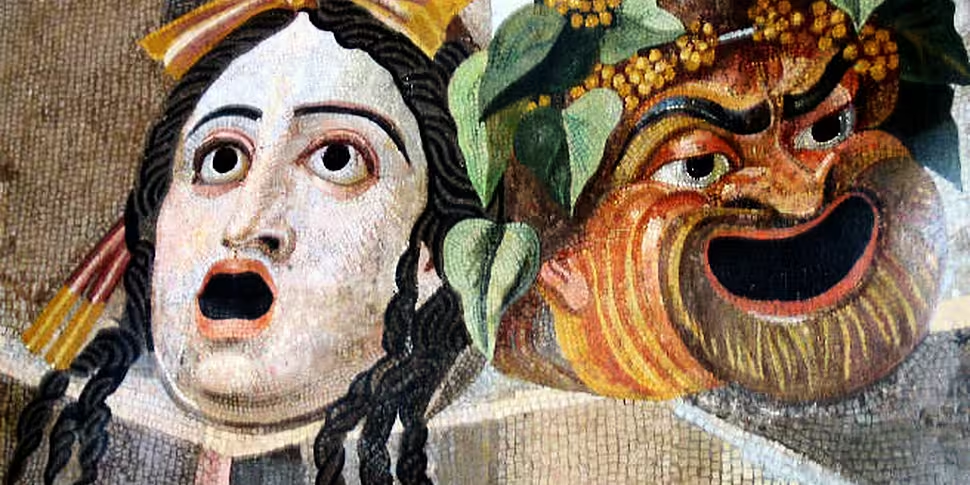The Australian Prime Minister Tony Abbott recently announced a proposal to deny childcare rebates to parents who ‘conscientiously object’ to having their children vaccinated. This ‘no jab, no pay’ policy, and a similar proposal in California, has brought the vaccination debate into the spotlight once again. Opponents of this measure argue that it’s trying to coerce people into violating their own morals. Those in favour point to the resurgence of preventable diseases as reason enough for the introduction of these measures. While the available evidence supports vaccination as best practice and safer than the alternative many parents and guardians remain unconvinced and wary.
Vaccination works by stimulating a person’s immune system by administering antigenic material. This grants personal immunity to diseases, many of them potentially fatal, and helps to prevent their spread through communities. Older societies had similar practices where people were intentionally exposed to diseases that would give immunity to their more deadly cousins; most famously when exposure to cowpox was used to protect against smallpox. The development of vaccinations reduced the risks associated with this form of inoculation and further limited the spread of many diseases, even eradicating smallpox.
Any similar eradication of measles, polio, or other such preventable diseases relies on vaccination of almost all members of a society. Any lack of immunity in a population offers a foothold for these diseases and risks those who cannot be inoculated. Yet many parents fear the potential risks of exposing their children to such antigenic material. It is this clash between personal beliefs and desire to protect and the collective need for ‘herd immunity’ that has made the debate surrounding vaccination so controversial.
In her latest book, ‘On Immunity: An Inoculation’, essayist and non-fiction author Professor Eula Biss explores the arguments put forward by those who support and oppose vaccination and the language they use. This isn’t an exploration of the science of vaccination or the polarised pro and anti camps though. Instead ‘On Immunity’ looks at the vaccination debate from the point of view of parents, specifically mothers. In many ways this book uses the rhetoric surrounding vaccination and disease as a way to explore the fears and worries of parents, and wider societies, in the modern world.
Susan talks with Eula about ‘On Immunity’ and why she wrote this book. Why is vaccination important? Why are so many people afraid of it? And what have her experiences of motherhood and vaccination been?
 'Thetis Immerses Son Achilles in Water of River Styx' by Antoine Borel, 18th century
'Thetis Immerses Son Achilles in Water of River Styx' by Antoine Borel, 18th century
Before delving into the world of vaccines and motherhood Susan takes a look at ‘The History of Emotions’ with Professor Jan Plamper. Emotions are such innate things that most of us rarely stop to think about where they might have come from. Even those who dedicated their lives to uncovering the nature of emotions rarely stopped to see if and how they had changed through time. It seems strange to think that the emotions we experience today might have been something different for our ancestors.
The past decade has seen the history of emotions explode as a field of study though. Taking issue with the idea that emotions are a constant universal some historians began to explore the idea that feelings might be learned behaviour shaped by our cultural upbringing. While it has been long accepted that the expression of emotion differs from time to time and place to place this school of thought argues that the emotions themselves change. Much like our theories of race, gender, or class emotions might change over time and from place to place.
Professor Plamper has been one of the leading thinkers and driving forces behind this new movement. In ‘The History of Emotions: an Introduction’ Jan looks at how emotions themselves and our understanding of them have changed throughout history and disciplines, from the ancient world to modern times. Join Susan as she journeys into the emotions of the past with Jan.
How have feelings changed over the past centuries and millennia? Why is it important to get an understanding of how people might have felt differently? What insights can long-dead philosophers and writers give us into the emotions of the past? How are we different from those who’ve gone before us? And what can we learn from the emotions of the past?










